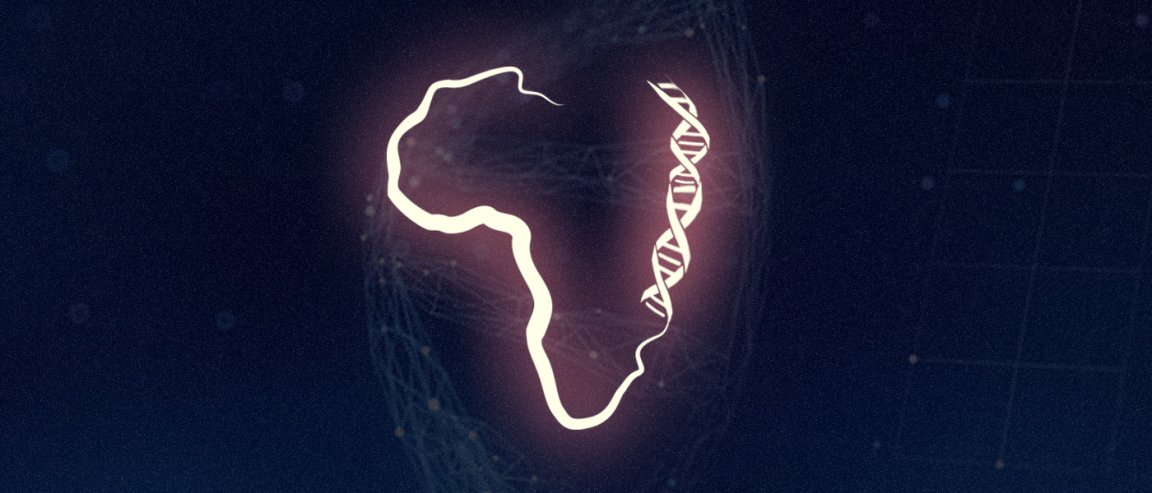
Going out together
We know a whole lot about our recent history, the time after civilizations started writing things down so they wouldn’t forget. For the era before that, history becomes a little iffy, and that’s where human genetic sequencing becomes invaluable, both for what it tells us and what it doesn’t.
We can learn more about history from the genetic code written inside of us, and new revelations regarding human migration have been found through the sequencing of hundreds of new genomes in three separate studies. These international research efforts from Copenhagen, Estonia, and Harvard collectively considered 787 people, moving away from previously indexed populations from Europe and China to instead focus on less-studied groups, such as Native Americans, Papuans, and Australians.
The studies all concluded that most non-African DNA in the world comes from a single human exodus from Africa roughly 50,000 to 80,000 years ago. However, while they can say what happened, they’re less clear on why it happened as none of the studies were able to find genes that would account for the accelerated progress humans have experienced in the last 50,000 years with regards to our intelligence and culture.
“There does not seem to have been one or a few enabling mutations that suddenly appeared among our ancestors and allowed them to think in profoundly different ways,” says David Reich, senior author of one of the studies, in a statement. “Geneticists often search for examples where genetics is the explanation. Here, paradoxically, genetic data are showing that there will be no clear genetic answers,” he added.

Genes aren’t everything
So what could be responsible for this progress? A few things. A paper published in Nature speculates that it may have been the weather, as humans searching for food may have been following rainfall patterns that periodically opened up corridors from Africa into Eurasia. Lifestyle changes or other environmental factors could be responsible as well, according to the studies.
While the three studies have been able to provide additional insight into the prehistoric lives of our ancestors, they also underscore the fact that genetics isn’t able to explain everything. Who we were and, subsequently, who we are, is dependent on so much more than what’s in our blood.
